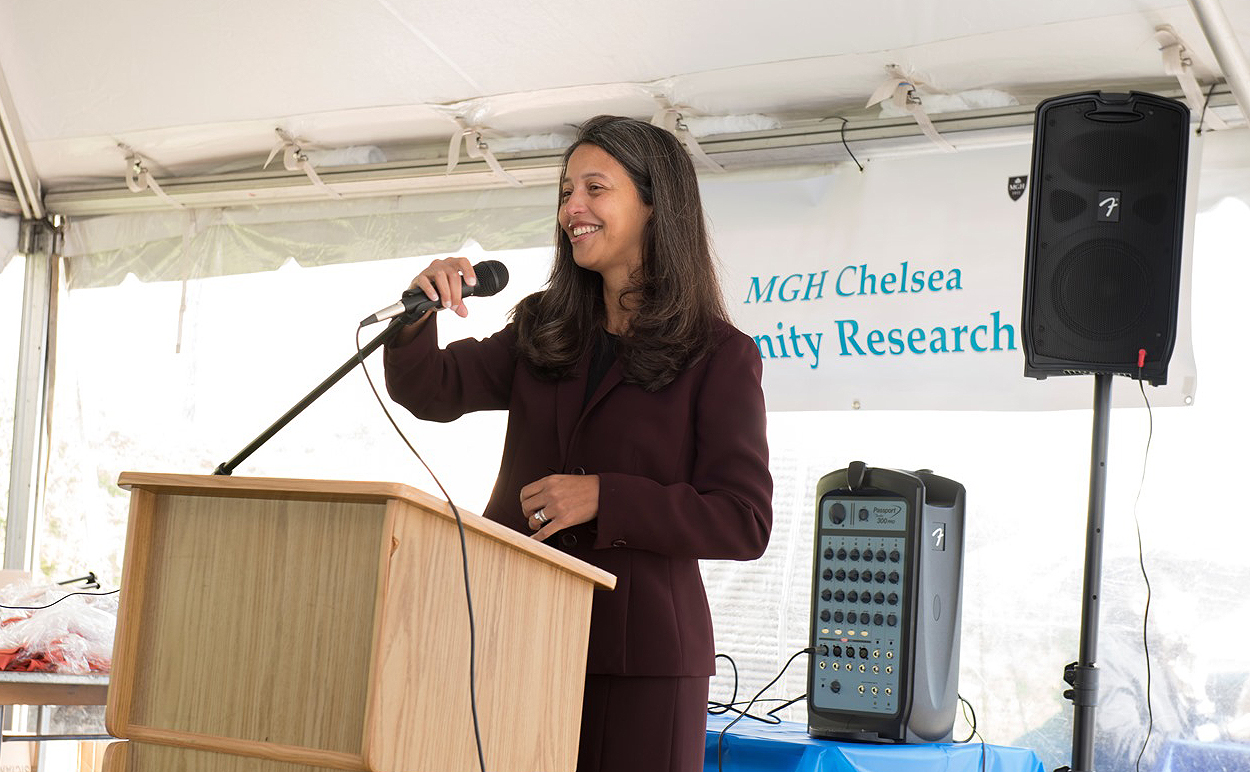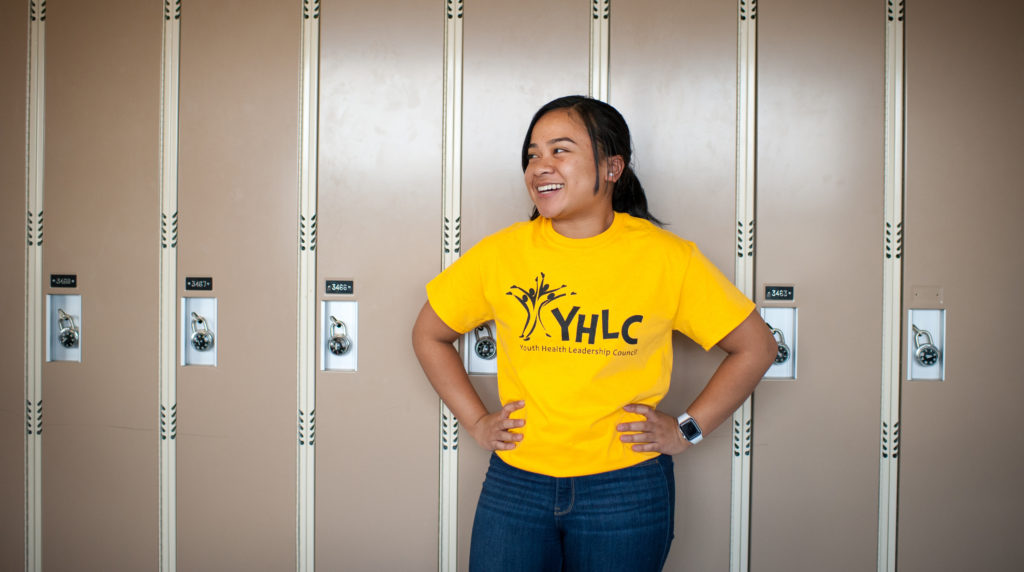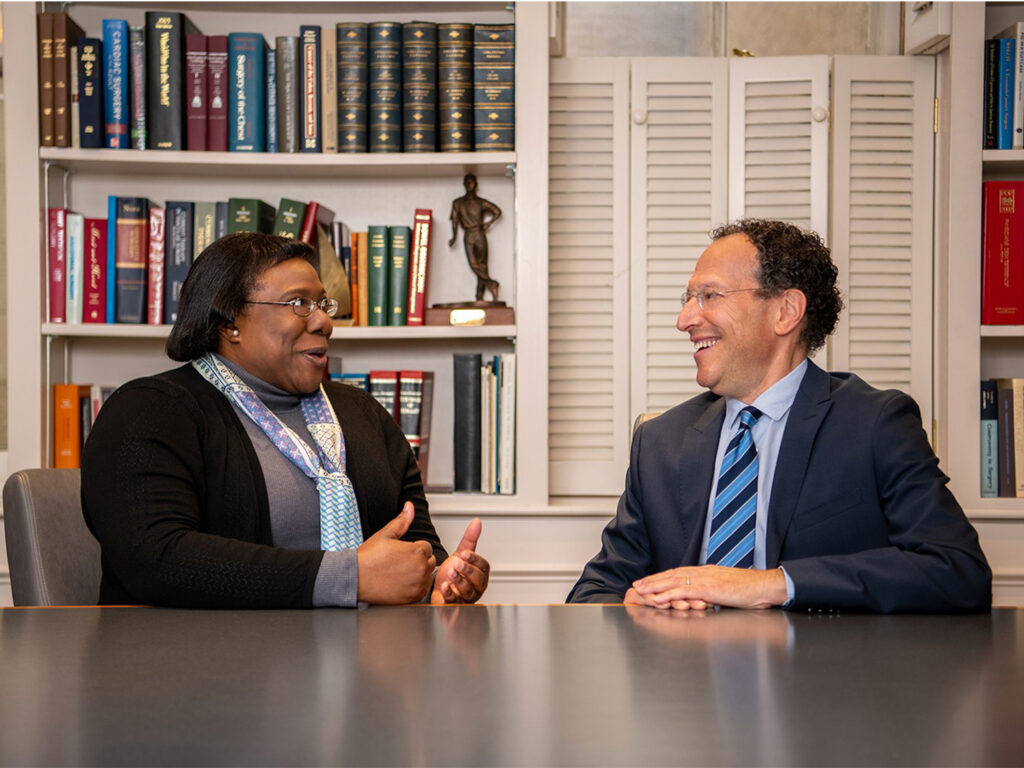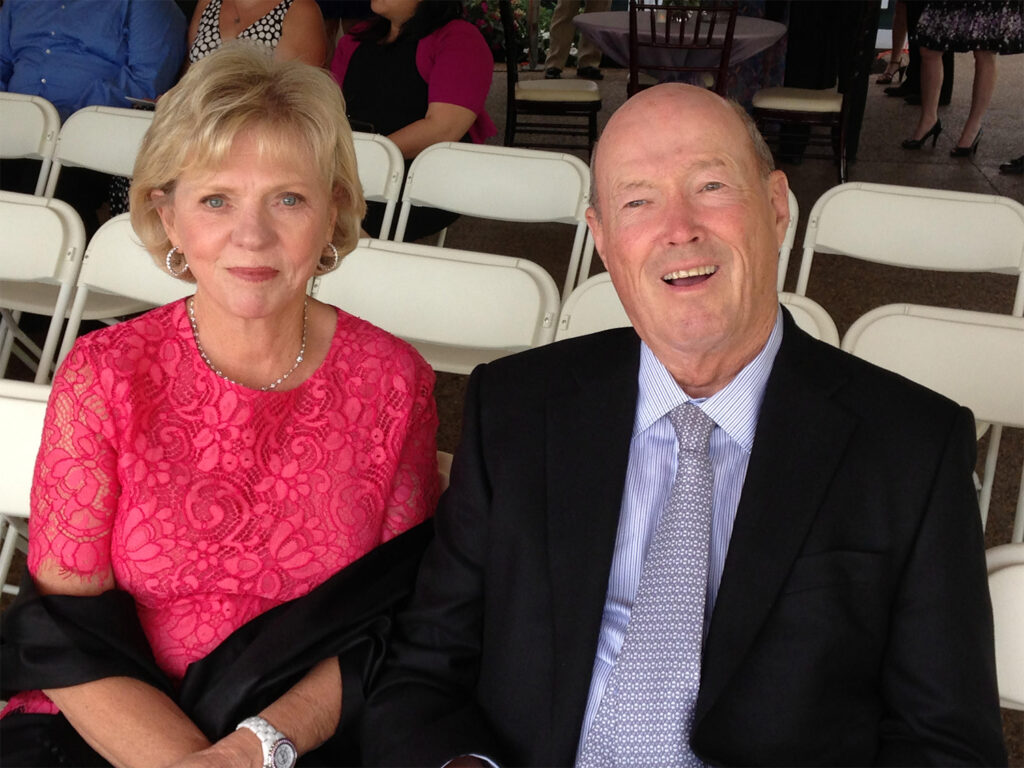Imagine you are a pediatric clinician in an urban community health center. You notice that the majority of your patients have the same triad of conditions – obesity, asthma and behavioral health problems.
 You can encourage your patients to lose weight, prescribe asthma medication or connect them with psychiatric services, all of which may help the symptoms, but not the root cause. What can you do in the short time you have with each patient to address the determinants of these conditions?
You can encourage your patients to lose weight, prescribe asthma medication or connect them with psychiatric services, all of which may help the symptoms, but not the root cause. What can you do in the short time you have with each patient to address the determinants of these conditions?
This is the question Elsie Taveras, MD, MPH, Ofer and Shelly Nemirovsky MGH Research Scholar, chief of General Pediatrics at MassGeneral Hospital for Children, and executive director of the Kraft Center for Community Health, confronted while completing her pediatric residency in a Boston clinic serving inner-city youth.
“In the same way that we wouldn’t build a home without a blueprint from an architect, you can’t design an intervention for families without families’ voices to inform the work.”
Needs Beyond Clinical Care
“I started realizing that, although much of my work was providing one-on-one patient care for these conditions, so many of the determinants of the health and well-being of the children I cared for had more to do with their social and environmental conditions and not their clinical care,” says Dr. Taveras.
These experiences guided her decision to focus on a combination of clinical and community-based research approaches to address the causes of childhood health problems and reduce health disparities.
While working in community settings presents a unique set of challenges, Dr. Taveras says the relationships that she has built and the potential to have a long-term impact make the work incredibly rewarding.
Engaging Diverse Stakeholders
Dr. Taveras has found that conducting research within a community requires an understanding of context and who the stakeholders are, what matters most to them, and the best ways to engage them in the research process.

“In the same way that we wouldn’t build a home without a blueprint from an architect, you can’t design an intervention for families without families’ voices to inform the work,” says Dr. Taveras.
Other stakeholders can range from youth-based organizations and public health practitioners to school administrators and representatives from the Special Supplemental Nutrition Program for Women, Infants, and Children (WIC). These stakeholders are an integral part of their communities and understand the barriers to proper health and health care.
Focus on Community Research
At a local level, Dr. Taveras is encouraged to see how the hospital has elevated community health as a key component of its mission under the leadership of President Peter L. Slavin, MD. Mass General is one of the few academic medical centers in the country to incorporate a commitment to the community in its mission statement.
“I’m optimistic about the changes that I’ve seen and how that reflects our institutional support for community health.”
“I’m thrilled by Mass General’s national leadership in community health and the opportunity to serve disadvantaged populations through the Kraft Center,” says Dr. Taveras. “I’m optimistic about the changes that I’ve seen and how that reflects our institutional support for community health.”
Between Dr. Taveras’ individual efforts and those of Mass General and the Kraft Center, they may be able to address the root causes of health issues in the urban communities in Massachusetts — and extrapolate those results to other communities nationally.
“Tremendous inequities in health exist, largely attributable to poor access to high quality care as well as social and economic factors that are distributed unevenly based on income, race and ethnicity,” says Dr. Taveras. “We can transform the health of children and their families by increasing access to care, investing in bold new solutions that improve social and environmental conditions, and supporting the training of clinicians and researchers who want to improve outcomes for medically underserved communities.”
To learn more about how you can support the research and patient care of Dr. Taveras, please contact us.
The Research Institute: Saving Lives Through Science
 The Massachusetts General Hospital Research Institute is the largest hospital-based research program in the United States, with a community of over 10,000 people working across more than 30 institutes, centers and departments.
The Massachusetts General Hospital Research Institute is the largest hospital-based research program in the United States, with a community of over 10,000 people working across more than 30 institutes, centers and departments.
Our researchers work side-by-side with physicians to pioneer the latest scientific advancements for curing disease and healing patients in Boston, across the United States and around the world.
To learn more about the Research Institute, please visit our website.





